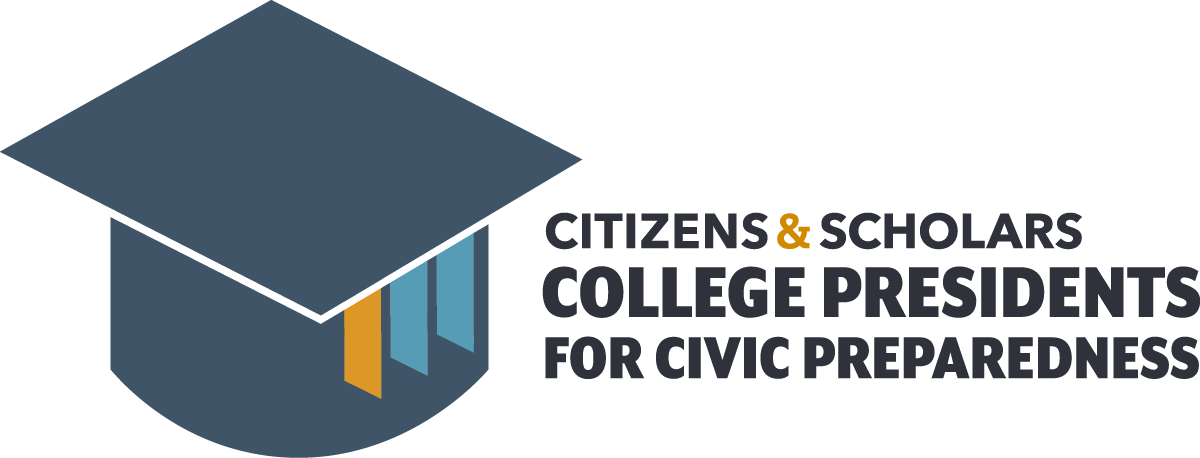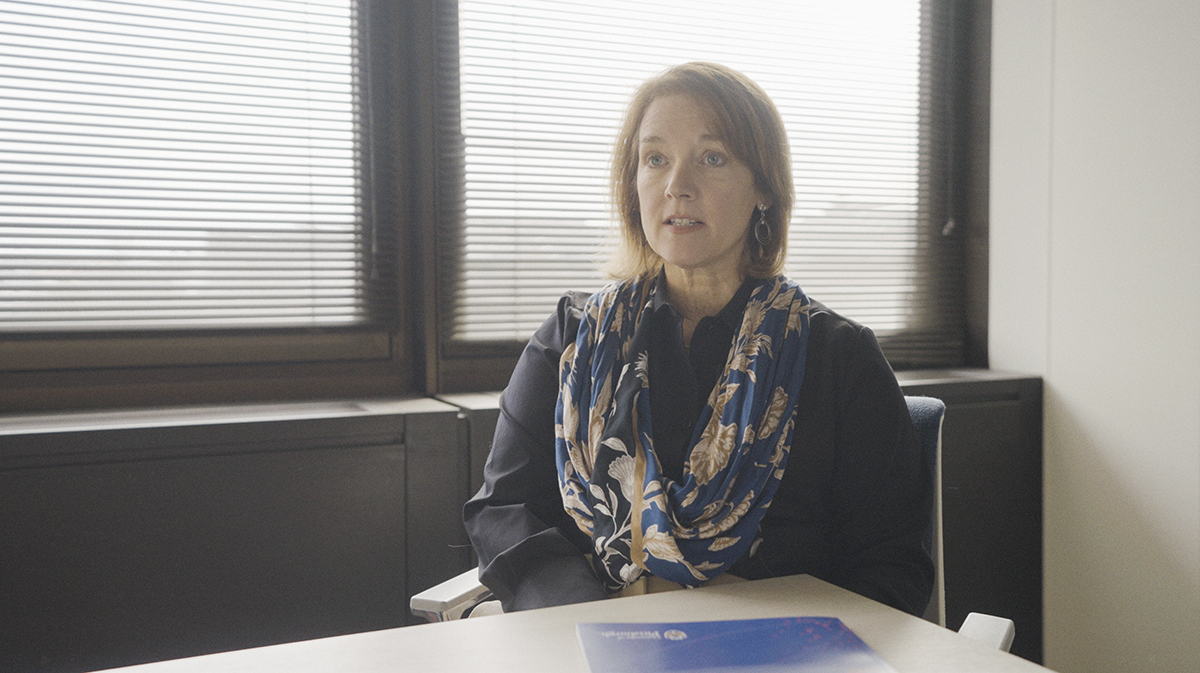Samantha Balbier is the Executive Director of the Institute of Politics at the University of Pittsburgh.
“Getting folks into a room to hone in on the issues without letting ideology or negative politics get in the way is a challenge, but it’s possible—and it’s a key tenet of the work the Institute does.”
Why do you do this work and for whom do you do it?
I do this work in my role as the Director of the Institute of Politics and the Elsie Hillman Civic Forum because one of the key roles of the Institute of Politics is to build relationships across Southwestern Pennsylvania to affect positive and productive public policy development on key societal issues. One of the most important aspects of that work is relationship building and being able to engage folks who we know disagree—and have them focus on the issues impacting their communities and constituents. Getting folks into a room to hone in on the issues without letting ideology or negative politics get in the way is a challenge, but it’s possible—and it’s a key tenet of the work the Institute does.
What does bridge building mean to you?
Bridge building is essential in our society. We live in a very polarized world, and we often make assumptions about each other without knowing the experiences, culture, or background that people bring to the table. As a bridge builder, it’s our job to help people see beyond assumptions and focus on problem solving.
And can you talk about some of your shorter-term programming?
One example is our All Angles program, developed in 2022 at the request of the Chancellor’s office. It brings the core tenets of the Institute—examining complex societal issues from multiple perspectives—into student programming. It gives students access to the kinds of conversations that usually happen behind closed doors, showing that discussions can be spirited, civil, and productive.
We surveyed students annually to identify the issues that matter most to them, and we’re very intentional about including diverse voices. We ask students about political affiliation, engagement levels, and comfort discussing disagreements, including students from our regional campuses.
For example, in our first year, students from the urban campus prioritized climate change, while students from regional campuses focused more on economic opportunity. We designed programming that reflected both perspectives.
How do you see the program evolving? What gives you hope?
Over the past two years, we’ve focused on building a robust speaker series where students engage with experts and peers from all backgrounds. The next phase is building students’ capacity to facilitate these conversations themselves.
Just two weeks ago, we started working with the Office of Student Affairs. Together, the Institute of Politics, the Elsie Hillman Civic Forum, and Student Affairs will build out the second phase of All Angles—training students to lead and facilitate complex conversations across campus.

